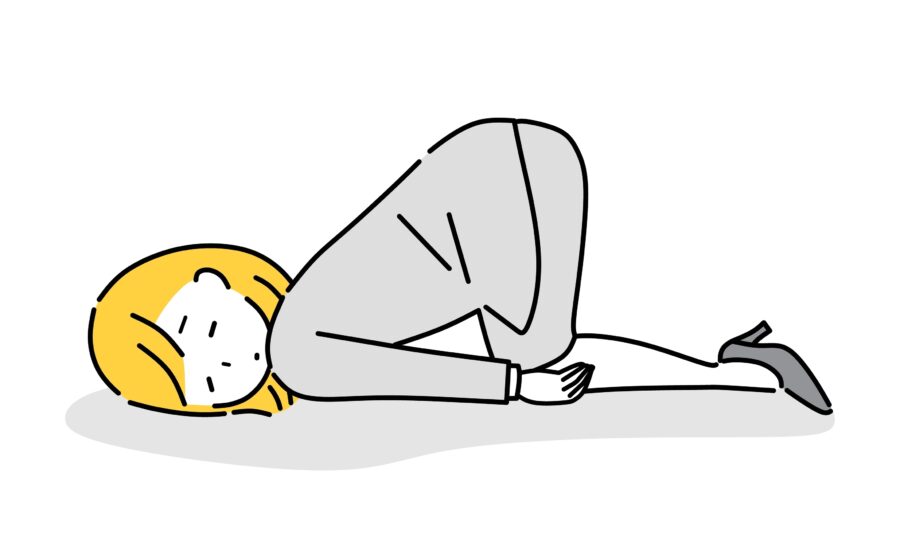
What Policy Interventions Are Needed to Reduce Economic Inactivity for People with Poor Health and Older People
Amy Ramsay On 6th November, IPPO hosted a launch event for our latest rapid evidence review. Chaired by IPPO’s Jo Chataway, Co-Investigator and Thematic Director for Socio-Economic Inequalities and Covid-19 Recovery, attendees heard from four speakers who discussed policy interventions to reduce economic inactivity for people with poor health and older people. The first speaker was Senior Research Fellow Carol Vigurs from the EPPI centre, who worked on the IPPO-commissioned rapid evidence review. Carol summarised the review process, sharing its key findings, which you can find summarised here. Launch event attendees heard...



